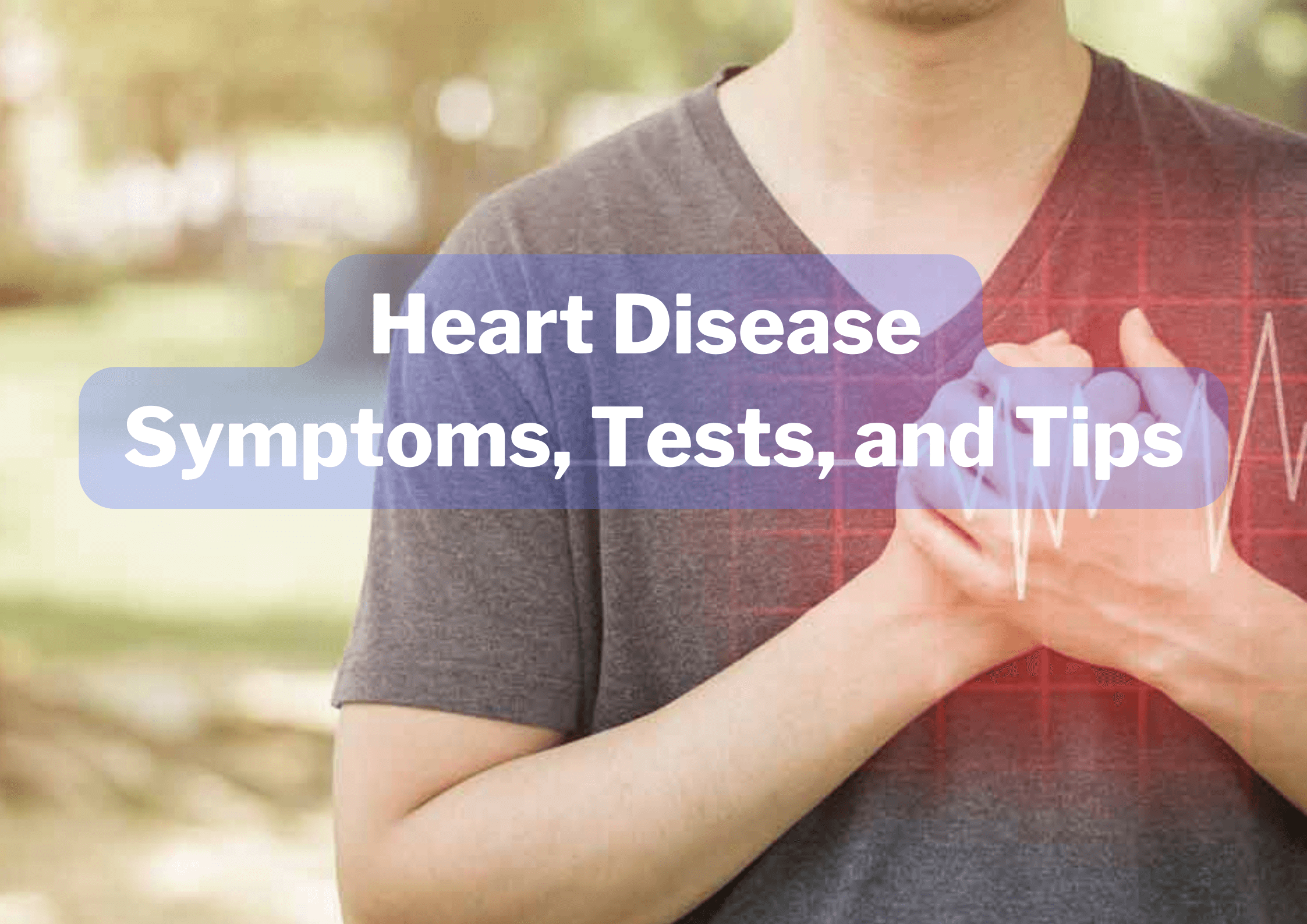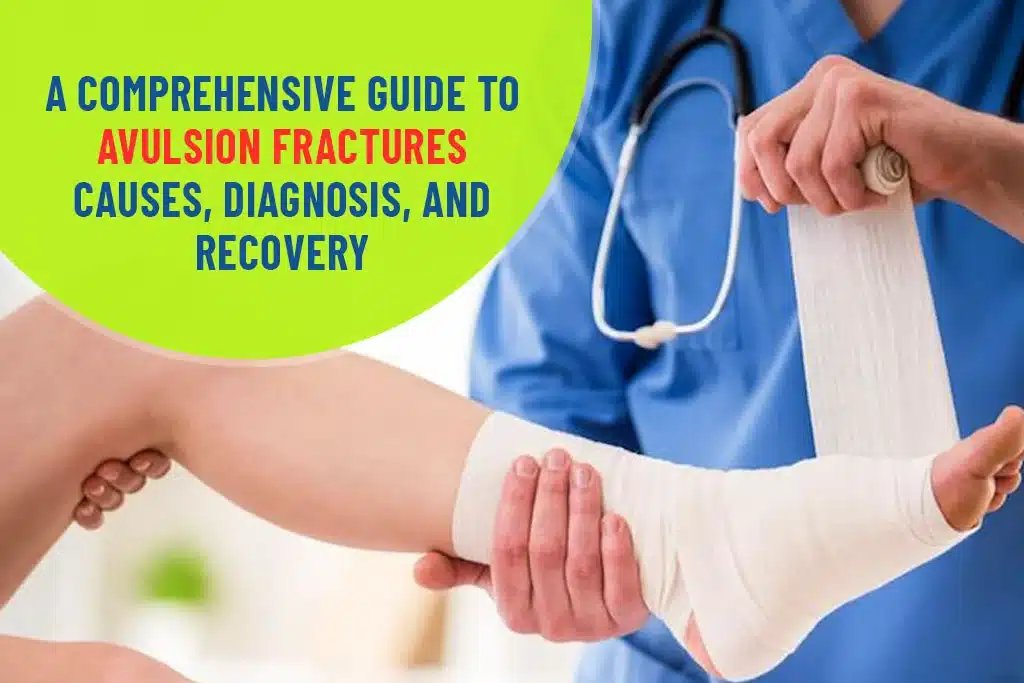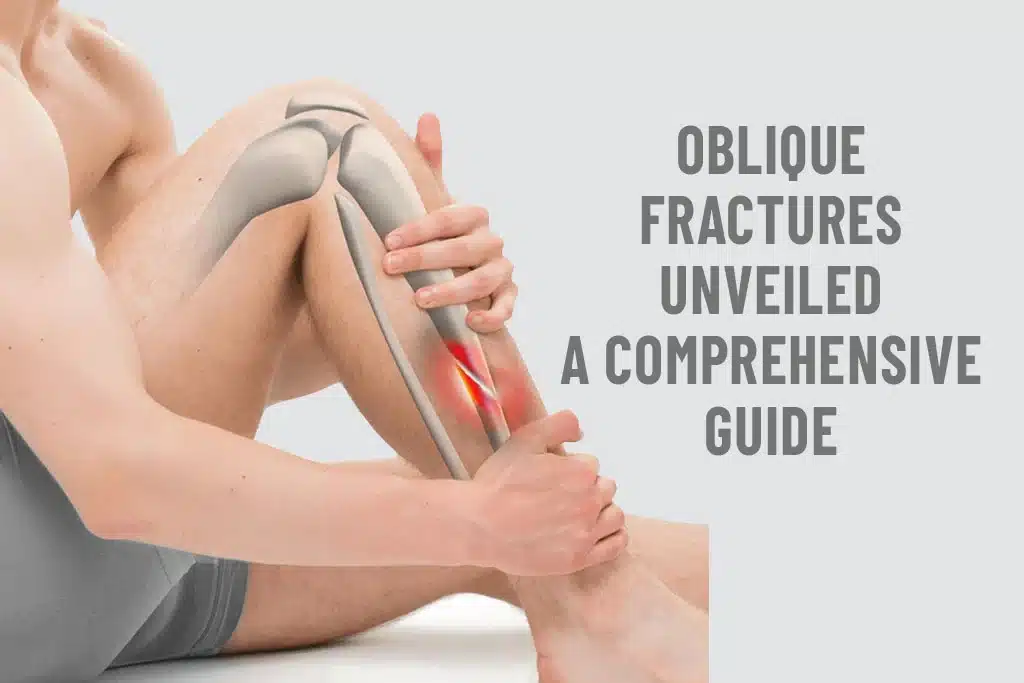Heart diseases are indeed one of the leading causes of death worldwide. According to the American Heart Association, around one million people died alone in the US due to cardiovascular diseases. Besides of human cost of suffering and mortality, heart diseases also cause significant economic consequences. Therefore, focusing on heart diseases is significant for public health efforts to reduce the disease burden and improve the quality of life for individuals and the community. This article is written to provide valuable guidance to the readers about heart disease symptoms, causes, and tests. Moreover, it also includes tips to prevent cardiovascular diseases as much as possible.
Heart Disease Symptoms
Heart disease causes a variety of symptoms which can vary based on the particular condition affecting the heart. Here are the most common symptoms that are associated with heart disease.
- Chest pain or discomfort is the most common sign of heart disease. This commonly is described as a sensation of pressure, tightness, or squeezing in the chest.
- Difficult breathing especially during physical exercise is also an indication of heart disease.
- Dizziness and faintness during physical exertion or standing up are other signs of cardiovascular diseases.
- Fluid buildup in the body can cause swelling in the legs, ankles, or feet, which is also a sign of heart disorders.
- Nausea and vomiting can indicate heart disease, especially in women.
Please keep in mind that not everyone with heart disease has symptoms. Some patients have only mild symptoms, while some have none at all. As a result, it’s important to schedule a regular checkup with your healthcare provider to monitor heart health and identify any possible problem early.
What Causes Heart Diseases?
There isn’t any single reason behind cardiovascular disease. Instead, various factors can contribute to the development of heart diseases. Here are some of the most common causes of heart disease.
- Hypertension, also known as high blood pressure, is a significant risk factor for cardiac diseases. Over time, high blood pressure can harm blood arteries and increase the chances of heart attack or stroke.
- Those who have diabetes are more likely to develop heart disease because of the higher blood sugar levels. High blood sugar can harm their blood vessels and make them more susceptible to atherosclerosis.
- The high amount of bad cholesterol or low-density lipoprotein (LDL) can clog arteries with plaque. Thus, plaque formation results in heart disease.
- Smoking causes blood vessels to deteriorate and increase the risk of plaque buildup in arteries. It results in the reduction of blood flow to the heart, causing a heart attack.
- Obesity also increases the chances of heart disease because it raises blood pressure, cholesterol levels, and blood sugar levels, among other risk factors.
- Age is another factor causing cardiac diseases. The chances of getting a heart disease rise for males over 45 and women over 55.
- Lack of physical activity or exercise is another cause of higher chances of heart disorders. A sedentary lifestyle should be avoided.
- The risk of getting heart disease is greater if you have a family history of heart disease. It happens when a close relative, such as a parent or sibling, has had the condition.
Tests to Conduct for Heart Diseases
There are several tests that can be conducted to diagnose heart diseases. However, it will depend on the patient’s symptoms, medical history, and risk factors, which test your healthcare provider will recommend. Some of the most common tests for heart disease include:
- Electrocardiogram (EKG or ECG)
This test measures the heart’s electrical activity. It helps to detect the heart rhythm abnormalities such as arrhythmias. The doctor usually recommends this test to diagnose a heart attack.
- Echocardiogram (Ultrasound)
Echocardiogram is a type of ultrasound test in which sound waves are used to create heart images. This test helps in evaluating the function and structure of the heart. It also detects problems with heart valves and chambers.
- Nuclear Cardiac Stress Test
This test involves exercising on a treadmill while being monitored with an ECG. Hence, it helps evaluate how accurately the heart responds to exercise and also detects the blockage in coronary arteries.
- CT Scan or MRI
These tests are for creating detailed pictures of the heart and surrounding blood vessels through imaging techniques. These tests help evaluate the function and structure of the heart and can detect problems, including blockages.
- Blood Tests
Blood tests help evaluate the levels of various substances in the blood. For example, multiple substances such as cholesterol, triglyceride, and C-reactive proteins can indicate heart disease.
Tips to Avoid Heart Diseases
Heart diseases are a common and serious health issue that can have serious consequences if not treated on time. Here are a few tips to prevent the cardiac disease from happening.
- A healthy diet rich in vegetables, fruits, lean protein, whole grains, and healthy fats lowers the risk of heart disease. You must avoid high-fat, high-sugar, and high-salt foods.
- Physical activity of at least 30 minutes daily can greatly reduce your chances of getting heart issues. Include walking, cycling, and swimming in your daily routine.
- Maintain a healthy weight to avoid obesity, as it can lead to heart disease. Take a balanced diet and do regular exercise to maintain a good weight.
- Smoking increases the risk of getting cardiac arrest greatly. Quit smoking to help reduce your risk.
- Stress can increase your risk of heart disease. Try to manage your stress through various relaxation techniques such as yoga, meditation, and walking.
- Lack of sleep and rest also contribute to higher risks of cardiac diseases. Thus, try to get at least 7-8 hours of good sleep daily.
FAQs
Which drinks are best for heart health?
Here are a few drinks that are best for heart health.
- Sparkling water
- Tea
- Coffee
- Unflavored milk
- Pomegranate juice
- Smoothies
- Green juice
- Tomato juice
Is coffee good for heart health?
Moderate coffee consumption has been associated with a lower risk of developing heart disease, hence a lower risk of mortality by cardiac arrest. Consuming 1-2 cups of coffee has health benefits, while more than 3 cups may adversely affect heart health.
What are some signs of a weak heart?
Signs of a weak heart may include:
- Shortness of breath during normal activities or even at rest
- Swelling in legs, feet, and ankle
- Chest pain or discomfort
- Dizziness or lightheadedness
- Fatigue and weakness
- Inability to perform physical activities
- Fainting episodes
- Rapid or irregular heartbeat






